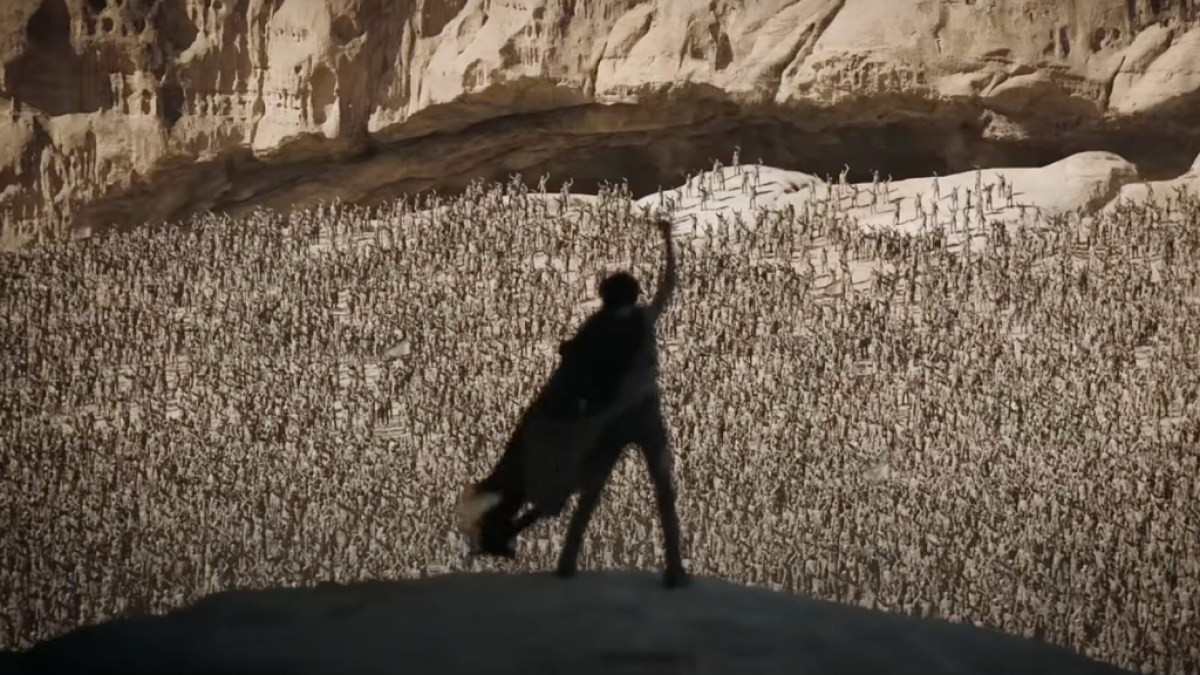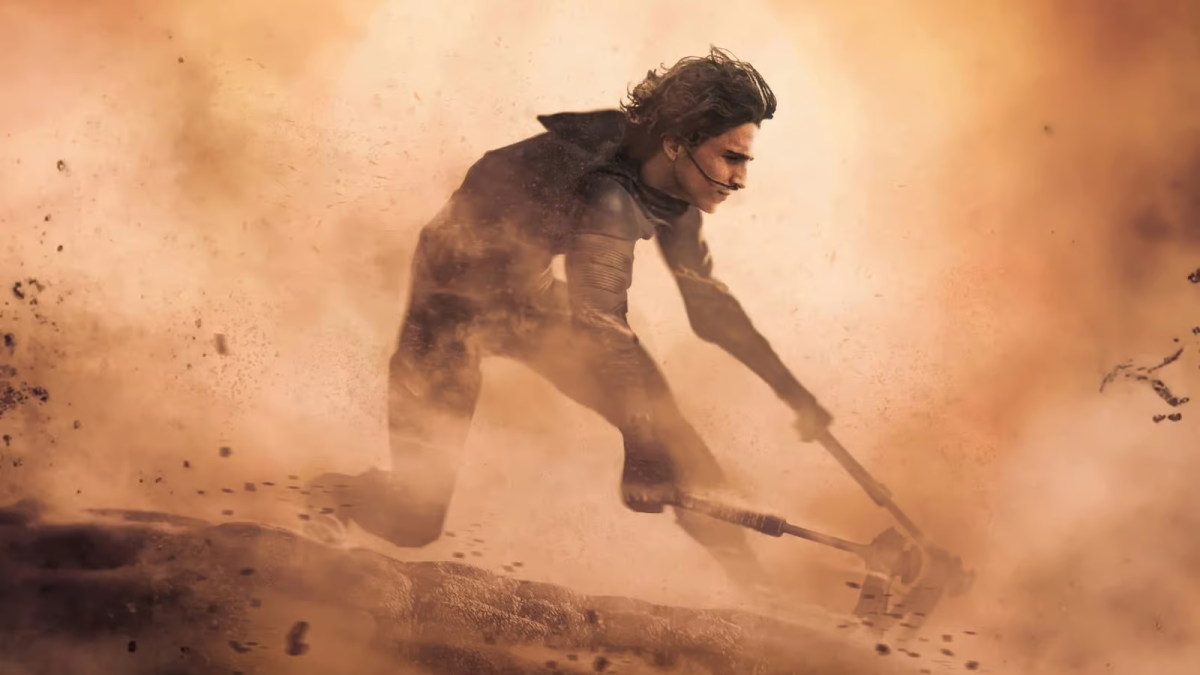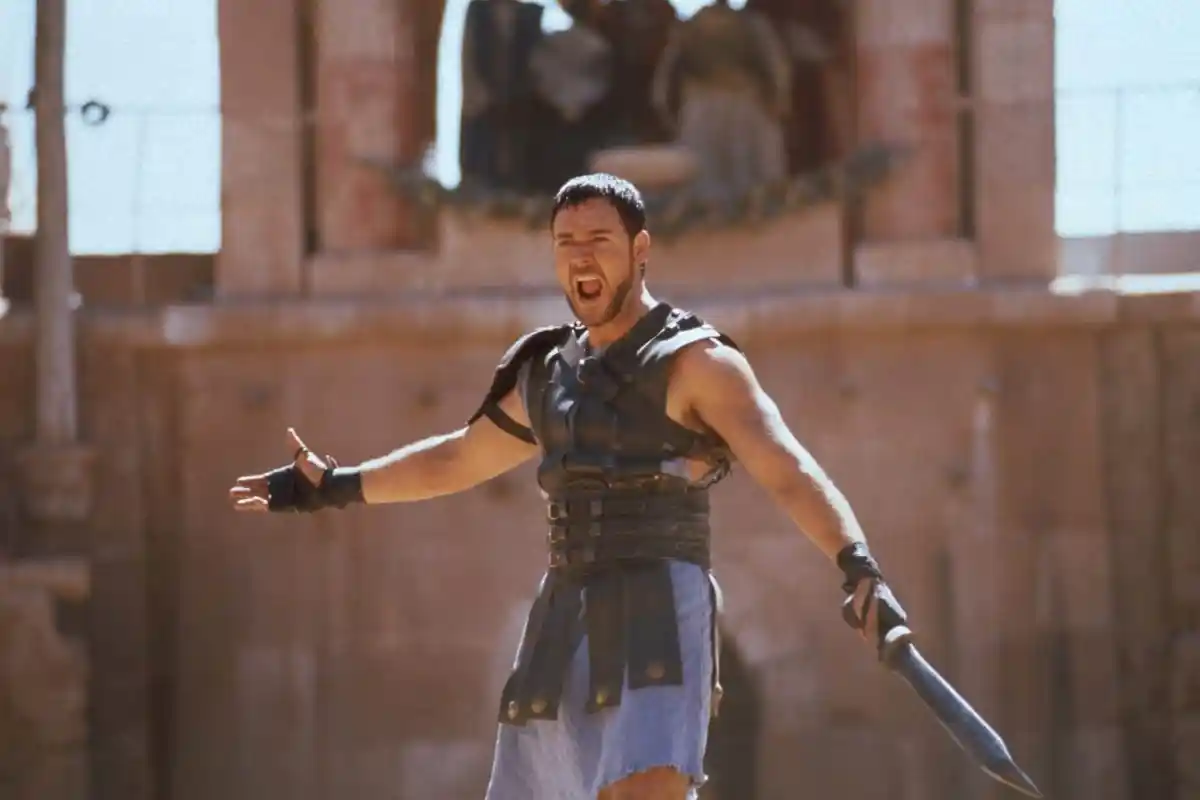After years of fan speculation, Denis Villeneuve recently confirmed the third Dune movie will be his last. That’s right: Villeneuve won’t adapt all six of Frank Herbert’s Dune books – and he’s made the right call.
Related: Dune’s Director Has Already Started Writing a Messiah Adaptation
The Canadian filmmaker announced he’ll call it quits after retelling Herbert’s second novel, Dune Messiah, in an interview with Time. Indeed, he’s so eager to make the movie, he’s writing the screenplay without even getting the official thumbs up from Warner Bros. Pictures. Yet Villeneuve’s enthusiasm for Messiah clearly doesn’t extend to the rest of the Dune canon, which he previously branded “esoteric.”
Dune Gets Less and Less Movie-Friendly With Each Volume
On the face of it, Villeneuve’s exit is bad news. Not only was Dune: Part One one of the best-reviewed films of 2021, but Dune: Part Two is among 2024’s most anticipated blockbusters. Clearly, Villeneuve has a feel for Herbert’s characters and their world. So, it’s only right to be a bit sad he’ll leave the big screen version of the Dune saga unfinished – or is it?
Not necessarily. In fact, Villeneuve’s decision to stop after Dune Messiah proves that he does truly understand Herbert’s books. It’s not just that he understands which of the six Dune tomes will work as movies, he also gets which ones won’t. And after Messiah, it’s pretty much wall-to-wall “won’t.”
Related: Dune: Part Two Trailer Brings Us More Spice and More Action
It’s not that the four remaining installments – Children of Dune, God Emperor of Dune, Heretics of Dune, and Chapterhouse: Dune – are bad, per se. It’s that they’re not particularly cinematic. Sure, they boast some spectacular set pieces and plenty of political wheeling and dealing. But it’s all wrapped up in increasingly convoluted plotting and dense themes.
To borrow a word from Villeneuve himself, it’s all a bit, well… esoteric. Now, in a book, this is fine. Novels have the page count and interiority necessary to do sprawling court intrigue and philosophical navel-gazing justice. But a big budget popcorn movie? Not so much – no matter how high-brow it is.
Paul Atreides’ Story is (Mostly) Over in Dune Messiah
Villeneuve grappled with some of this when he made Dune: Part One. On that film, he had to streamline the deep lore and thematic complexity of Herbert’s first Dune volume to play as a movie. Even then, Villeneuve and co-screenwriters Eric Roth and Jon Spaihts still had to chop the book in half – and the original Dune is the series’ most easy-to-digest entry!
So, just imagine what kind of cuts Villeneuve would have to make on any post-Dune Messiah adaptations. It would likely reach the point where these sequels became less and less like their source material. At which point both the director and fans would start to wonder: why even bother?
Related: Dune: Part Two Reveals New Images of Its ‘War Epic Action Movie’
It’s also worth noting that there’s some pretty out-there material in Children of Dune and its sequels. Stuff that wouldn’t necessarily translate well in live-action, like a major player transforming into a human-sandworm hybrid. The Dune universe is also gradually populated by clones (“gholas”) of dead or otherwise absent characters, which is enough to disorient more casual franchise devotees.
But most importantly of all, the focus of the series shifts away from original protagonist Paul Atreides after Dune Messiah. While he does show up again in later volumes, Messiah ties up his character arc – both emotionally and thematically – neatly. As such, it’s easy to see why Villeneuve wants to end the story here, given some viewers will lose interest once Paul (and star Timothée Chalamet) is out of the picture.
The Post-Frank Herbert Dune Books? Don’t Even Go There

Besides, if Villeneuve did push ahead with additional Dune adaptations, he’d eventually butt up against Chapterhouse: Dune‘s cliffhanger ending. Admittedly, said cliffhanger is resolved across two additional volumes penned by Herbert’s son, Brian, and Kevin J. Anderson (working from Herbert’s notes). But this means cranking out even more Dune movies – will audiences’ appetite for Arrakis sustain them?
What’s more, Brian Herbert and Anderson’s books are generally regarded as inferior to the original six. The stage gets too crowded and the scope too vast, so much so that the climax relies on a series of increasingly unlikely plot developments. There’s no reason the Dune film franchise should end on the same bum note, as well.
So, don’t lament Denis Villeneuve’s decision not to adapt all six Dune books – he made the right choice.
Dune: Part Two arrives in cinemas on March 1, 2024.






Published: Feb 12, 2024 06:00 pm